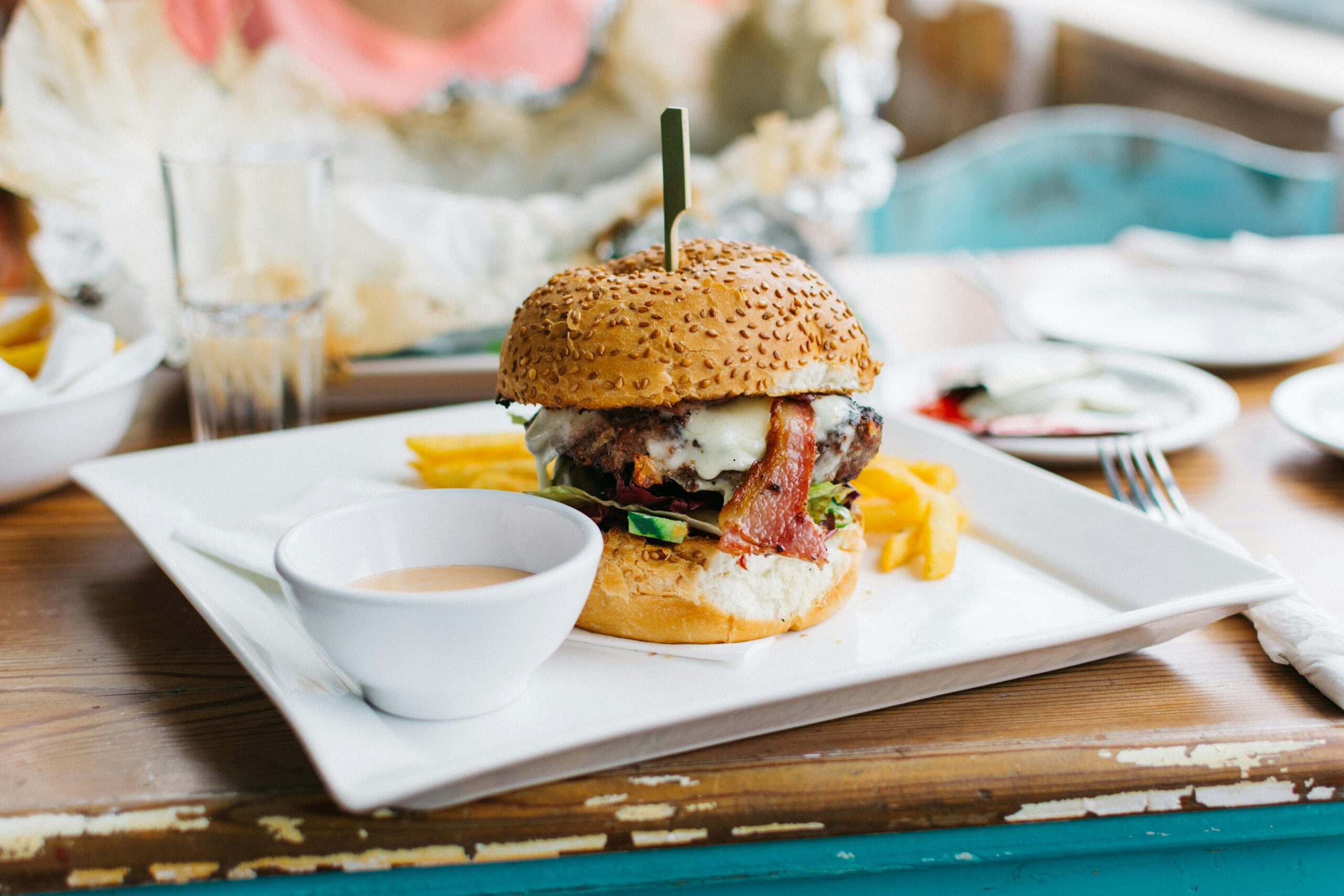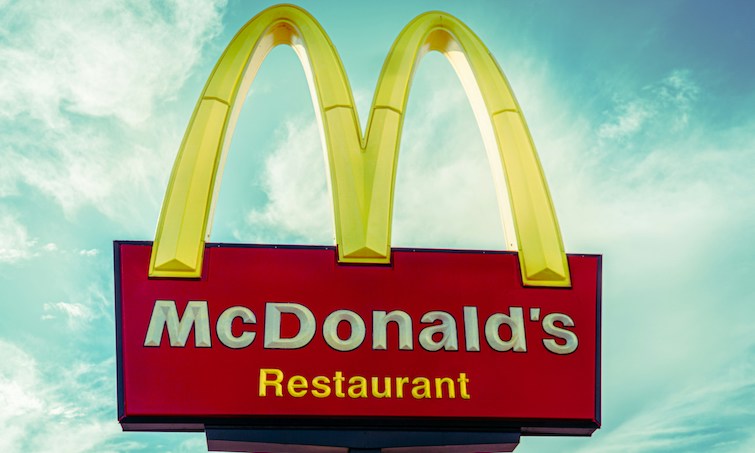
Greater Sayville coverage is funded in part by The Shed, your scratch kitchen for brunch and dinner daily at 21 Main St. in West Sayville.
by Marko Jovanovic |
The start of each new year brings with it a lot of challenges — but a lot of resolutions as well.
And as the previous decade closes and a new begins, all of us look at ourselves and find ways to improve our lives.
In that introspective quest, many find that they could do a lot to improve our general health. That’s why we’ve prepared a couple of tips for a healthy 2020.
Scroll down to see the healthy tips.
A healthy diet
Long Island cuisine is delicious, but it does include a lot of starch and carbs. When trying to stay healthy, one of your primary goals should be eating a more balanced diet; which is what a lot of our tips will be about. And while you shouldn’t overeat, it’s not all about calorie counting; it’s also about what you eat.
So, make sure your daily calorie intake includes a healthy combination of nuts, whole grains, legumes, vegetables, and fruit. Each adult should ideally ingest five portions of vegetables and fruits each day.
Make sure that each of your meal includes veggies with your meat, and use vegetables and fresh fruit as snacks instead of empty carbs that you get from junk food. This will reduce the risk of you suffering from malnutrition, as well as cancer, stroke, heart disease, and diabetes.
Reduce salt and sugar
Did you know that the average American consumes almost twice the recommended daily dose of sodium? That’s why many people in our country have high blood pressure, in turn increasing their susceptibility to strokes and heart disease. Most of the sodium people get is from salt; so you should take care to reduce your salt intake to no more than a couple of grams a day — around one teaspoon.
Bear in mind that this isn’t just the salt you put on your meals; it’s also in the condiments you use while you prepare them. So, apart from avoiding salty snacks, make sure you avoid condiments, seasonings, and salt from your meals if you’ve been using them in excess.
Conversely, a large intake of sugar isn’t good for you either. First of all, sugar leads to tooth decay, as well as large weight gains that are definitely not healthy.
Regardless of whether we’re talking about children or adults, free sugars should make no more than one-tenth of someone’s daily energy intake. In other words, adults shouldn’t consume more than 12 teaspoons of sugar or 50 grams.
Again, this isn’t just literal sugar, but all of the processed foods that contain it too. So, limit your consumption of sweetened carbonated beverages like sodas, as well as candy and sweet snacks.
Reducing fat intake
Generally, fat isn’t as bad as some health experts make it out to be, especially regarding weight loss; but just like anything else, you shouldn’t consume it in excess either. Considering that, make sure that fat doesn’t make up more than a third of your complete energy intake on any given day. This will put a stop to weight gain, as well as other health issues.
There are a few different kinds of fats; trans-fats and saturated fats are less preferable than unsaturated fat. The World Health Organization has published recommendations stating that saturated fats should be below 10% of all the calories you consume, and trans-fats should be less than 1%.
If you’re wondering where to find unsaturated fats, don’t worry — you can get plenty from olive, canola, soybean, and sunflower oil, as well as nuts, avocado, and fish. Conversely, saturated fats come from lard, ghee, cheese, cream, coconut and palm oil, butter, and fatty meats.
The most harmful trans-fats come from fried and baked foods, as well as prepackaged foods like biscuits, pizzas, cookies, etc.
Less harmful alcohol use
Regardless of what some people say, there is no completely safe level of alcohol consumption. At the end of the day, you’re still doing some damage to your body. And greater consumption levels can lead to all sorts of health issues, including behavioral and mental disorders. These include substance abuse, heart disease, some cancers, and liver cirrhosis — the latter being most common among alcoholics.
No smoking
Now that we’ve covered alcohol, we’re going to deal with the other big health no-no if you want to live properly: smoking. Indeed, smoking tobacco can lead to all kinds of problems, like strokes, heart disease, and more commonly, lung disease. And perhaps most importantly, tobacco smoking doesn’t just hurt your own health, but the health of those around you as well. Second-hand smoke exposure is pretty dangerous in and of itself.
If you’re smoking right now, know that it’s never too late to quit. Regardless of when you do it, you’ll gain both long-term and immediate health benefits.
And if you don’t smoke, that’s fantastic; make sure one of your 2020 resolutions is to continue with this positive part of your lifestyle.
Physical activity
As you probably know already, physical activity is quite important for those who want to maintain their health. And that doesn’t only mean running around Long Island or joining a gym; any bodily movement that’s spurred by skeletal muscles and requires a certain amount of energy is physical activity.
So, if you’re not someone who likes team sports or heavy exercise — know that many physical recreational pursuits, household chores, playing, and even working will give you the activity that you need.
Check your blood pressure
There’s a reason why high blood pressure is often dubbed the “silent killer”. That’s the case because most people suffering from hypertension are not aware of such a problem until it’s too late.
It doesn’t show any particular symptoms, and yet it leads to issues with the kidneys, heart, brain, as well as myriad other diseases.
So, make sure a health worker checks your blood pressure regularly, so you know if you need to act on it. That’s the most vital part of hypertension control and prevention!
Top: Man walking through a wooded area by Unsplash’s Jon Flobrant.
























